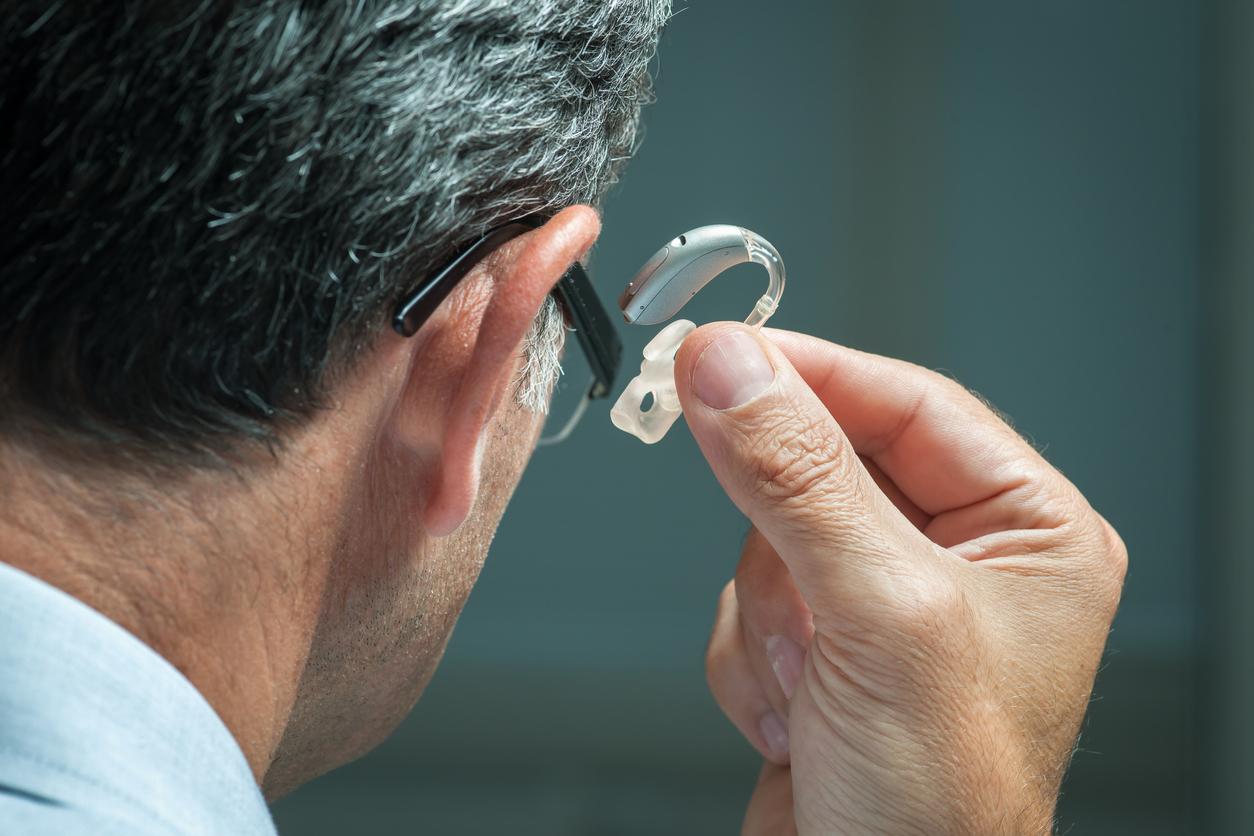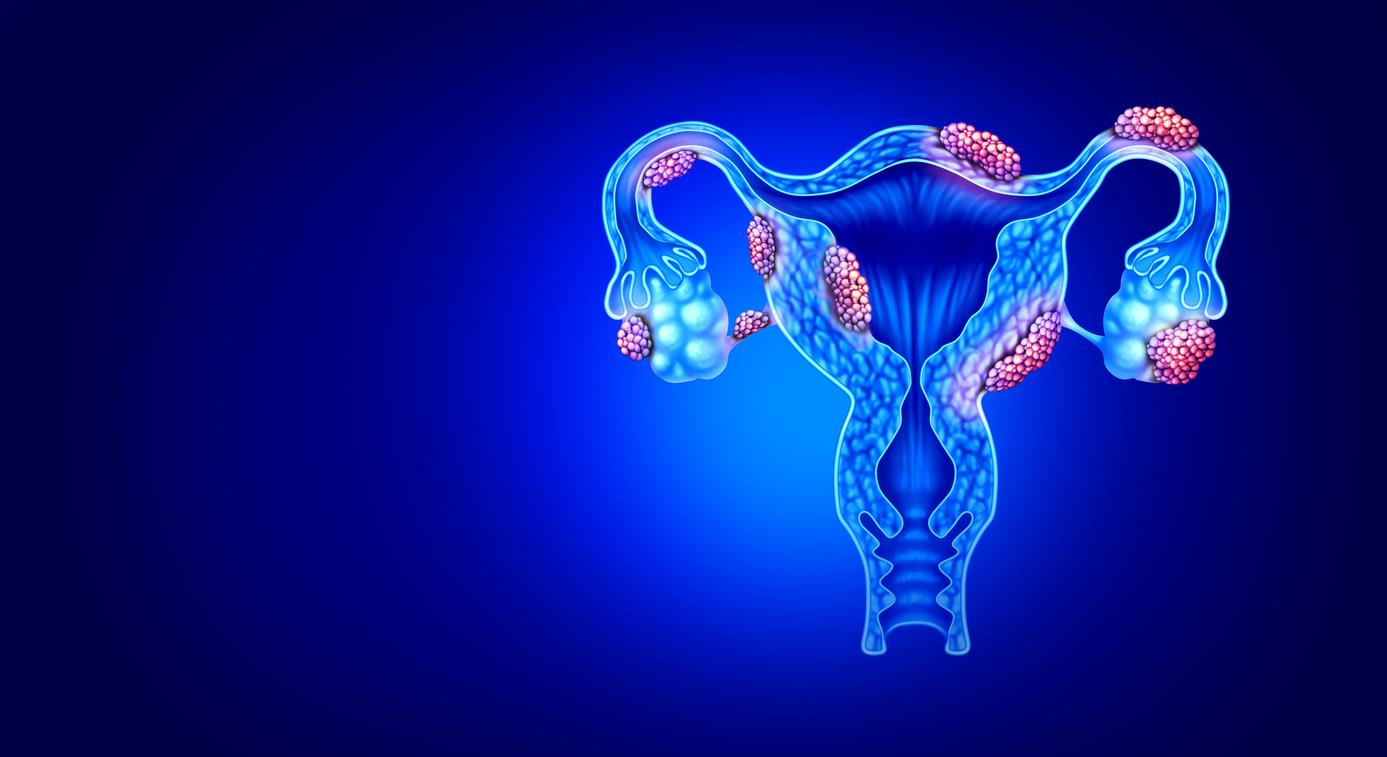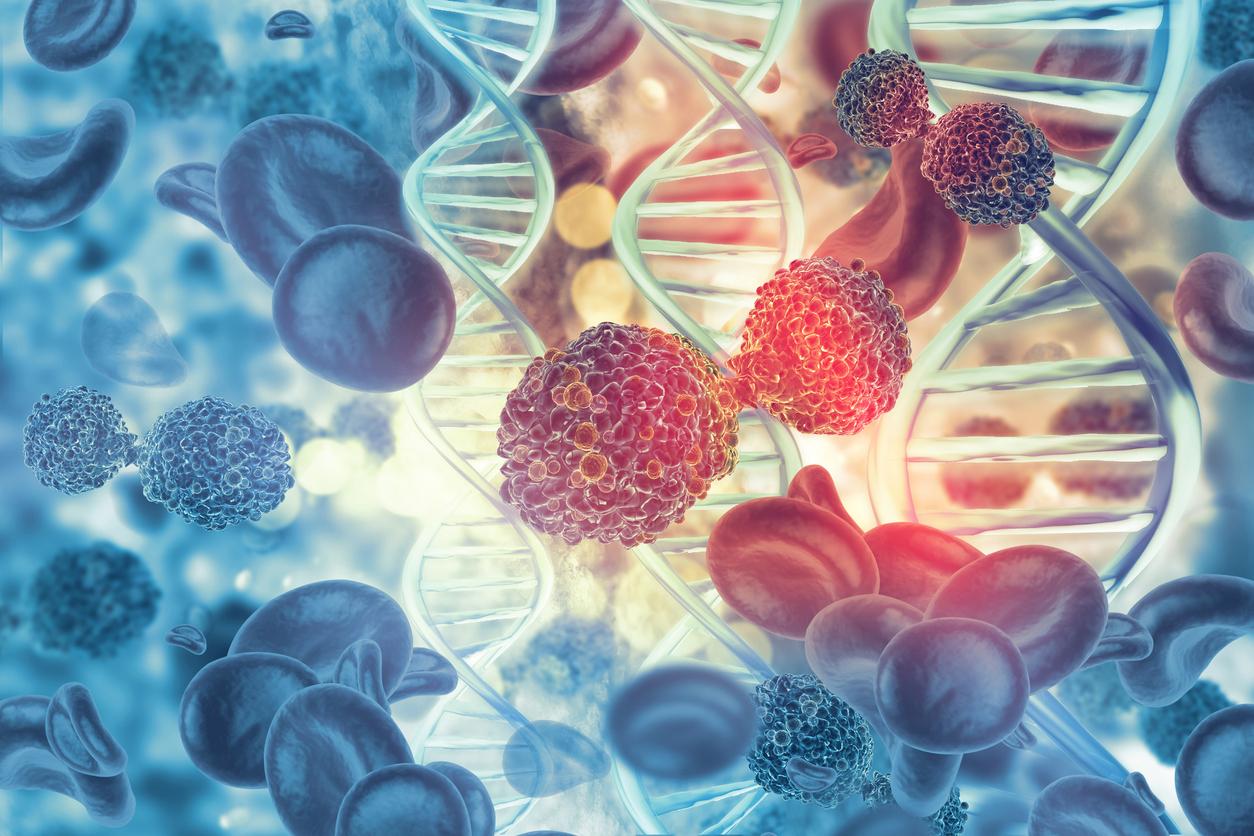A Scottish woman does not feel pain, anxiety or fear. Researchers believe it’s linked to a genetic mutation.

- A Scottish woman does not feel pain, nor fear, nor anxiety.
- Researchers have found it’s linked to a genetic mutation she carries.
- Ultimately, this could lead to the creation of new treatments for chronic pain.
Millions of people suffer from chronic pain around the world, without possible treatment. Scottish Jo Cameron could help doctors find one. She doesn’t feel pain, fear or anxiety, and pain geneticists are trying to figure out why. These researchers from University College London explain that this insensitivity to pain is linked to a genetic mutation. Their results are published in the journal Brain.
The genetic mechanism behind a rare mutation that causes one woman to feel virtually no pain and never feel anxious or afraid has been revealed by Prof James Cox & Dr Andrei Okorokov @DoM_UCL @uclmedscihttps://t.co/WKBJOoKKVt
—UCL News (@uclnews) May 24, 2023
Pain: a case that has interested scientists for ten years
Jo Cameron’s insensitivity sparked the curiosity of scientists in 2013. She had just undergone major hip and hand surgeries, yet she felt no pain. Her doctor inquired and referred her to pain specialists. In 2019, these geneticists discovered that she had a gene, FAAH-OUT, with a rare genetic mutation. They found that this mutation, together with another more common one, was the cause of this peculiarity of Jo Cameron.
A genetic mutation that blocks pain, anxiety and fear
“The area of the genome containing FAAH-OUT was previously thought to be ‘junk’ DNA1 that had no function, but was found to mediate the expression of FAAH, a gene that is part of the endocannabinoid system and which is well known for its involvement in pain, mood and memory“, note the researchers. The genetic mutation that Jo Cameron possesses prevents the expression of the FAAH gene and other molecular pathways linked to mood and wound healing. In fact, samples taken from other patients have allowed the researchers to spot other effects of this mutation. In total, they found that it impacts more than a thousand genes.”These genetic changes may contribute to Jo Cameron’s low anxiety, fear and pain.”say British scientists.
What are the potential implications of this genetic mutation?
“The FAAH-OUT gene is just a small corner of a vast continent, which this study has begun to mapsummarizes one of the main authors, Dr. Andrei Okorokov. Besides the molecular basis of painlessness, these explorations have identified molecular pathways affecting wound healing and mood, all influenced by the FAAH-OUT mutation.“He hopes that further research will lead to a better understanding of its effects on wound healing or on depression. But it could also become a working avenue for the development of new pain treatments.”By understanding precisely what is happening at the molecular level, we can begin to understand the biology involved and this opens up possibilities for drug discovery that could one day have far-reaching impact for patients.“, adds James Cox, co-author.


















